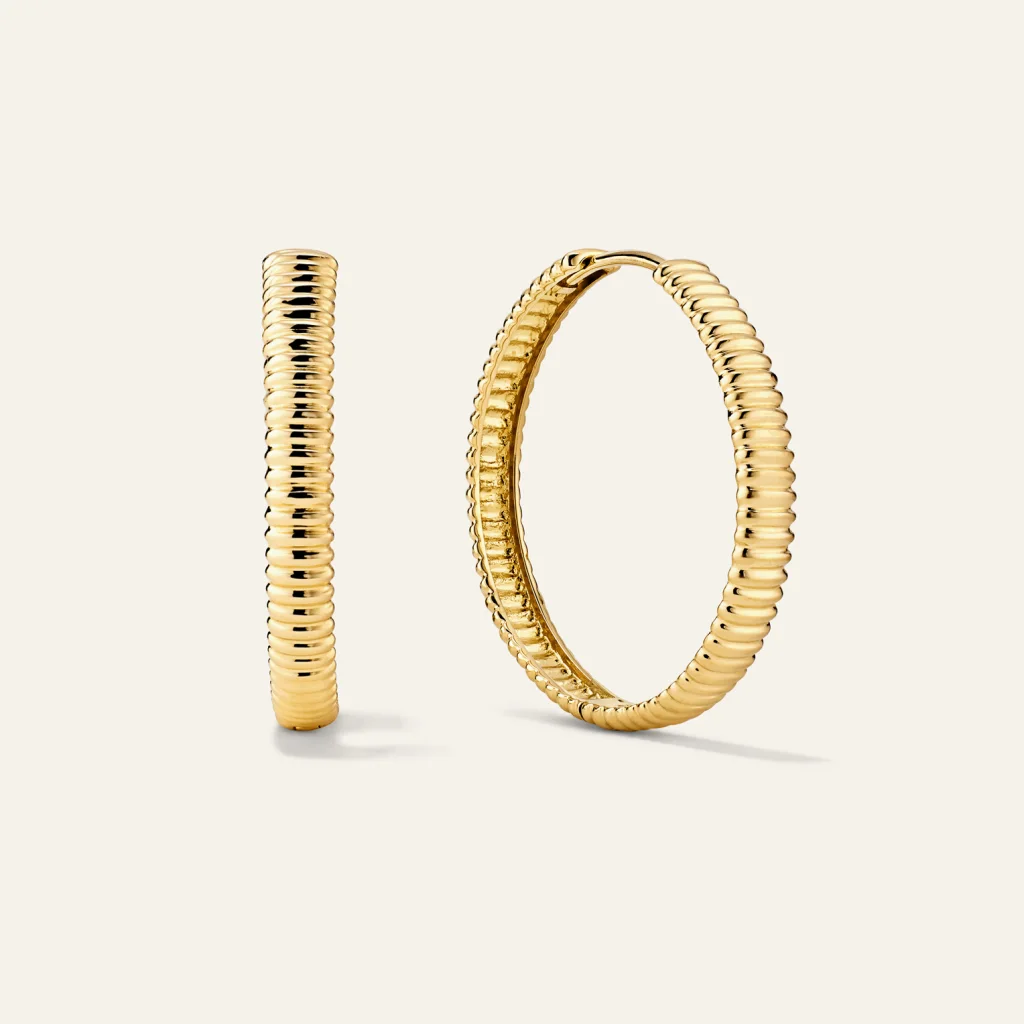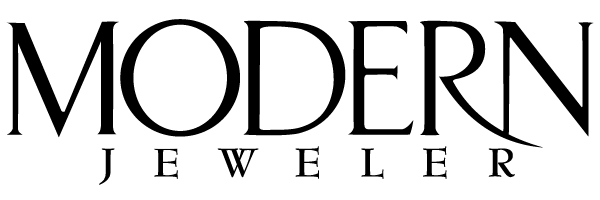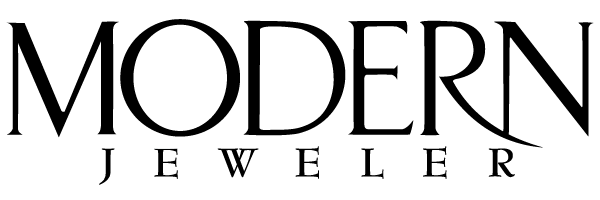Mejuri has unveiled a new line of earrings crafted from “salmon gold,” a material sourced through an innovative process aimed at environmental restoration. This launch aims to contribute to sustainable practices by addressing ecological damage from traditional mining methods.
Sustainable Sourcing and Environmental Restoration
The concept of “salmon gold” refers to gold extracted from the waste rock of abandoned placer mines, specifically those near stream beds. This process involves removing the last remnants of minerals from old mine tailings and subsequently restoring these sites to their original, wildlife-friendly habitats. Mejuri has committed to this sustainable sourcing method as part of its broader environmental goals. As of 2023, 94% of Mejuri’s jewelry is made from recycled gold, with 6% from newly mined gold. The company plans to increase its use of regenerated gold each year.
New Collection Details
The new collection includes four styles of hoop earrings, inspired by Mejuri’s existing “Charlotte” hoops. These earrings, made entirely of 14k “salmon gold,” feature a ridged, plissé texture and are available in sizes ranging from extra small “huggie” to large. Prices range from $198 to $598. Jacob Jordan, Mejuri’s Chief Brand Officer, describes the collection as both stylish and lightweight, suitable for everyday wear.

Partnership with Regeneration
This launch follows Mejuri’s $1.5 million investment in the environmental NGO Resolve’s Regeneration project, which focuses on extracting metals from mine waste to produce responsibly sourced minerals. This project not only supplies Mejuri with gold but also funds the closure and rehabilitation of abandoned mines. According to Holly McHugh, Mejuri’s vice president of sustainability and social impact, there are over 100,000 abandoned mine sites in the U.S. alone, which often leave scarred and contaminated land.

Commitment to Long-Term Sustainability
Mejuri’s investment in Regeneration aligns with its goal to become climate positive by 2030. The brand plans to expand its use of “salmon gold,” aiming to double or triple the amount of regenerated gold it utilizes next year. McHugh emphasizes the importance of continuous innovation and evolving practices to meet UN sustainable development goals.
“We’re in a very narrow window of time to accomplish all of our goals. We have 2,020 days till 2030. For our climate, for our planet, for our future we have this narrow window of time to make big moves and it requires all of our work to accomplish it,” said McHugh.
Exclusive Access and Future Plans
Mejuri has secured exclusive access to gold sourced through the Regeneration project within the jewelry sector. Outside the jewelry industry, this gold is shared with Apple. The partnership ensures that Mejuri can trace the source of its gold to within 20 acres of the original mine sites, a level of traceability that supports the brand’s 2030 goals.
“This collection is unique because 100% of the gold comes from waste and previously disturbed land at old mine sites, and is backed by our commitment to restore the mined land beyond what’s required by regulations,” said Stephen D’Esposito, Regeneration’s President and CEO.
Industry Implications
Mejuri’s initiative sets a precedent for the jewelry industry, highlighting the potential for sustainable practices in gold sourcing and environmental restoration. This approach not only addresses past ecological damage but also offers a model for responsible sourcing and production.




![Mejuri Launches First Jewelry Line with 100% Remined Gold, Supporting Habitat Restoration [object Object]](https://modernjeweler.com/wp-content/uploads/2024/06/mejuri-salmon-gold-sustainability-1-800x450.jpg)

